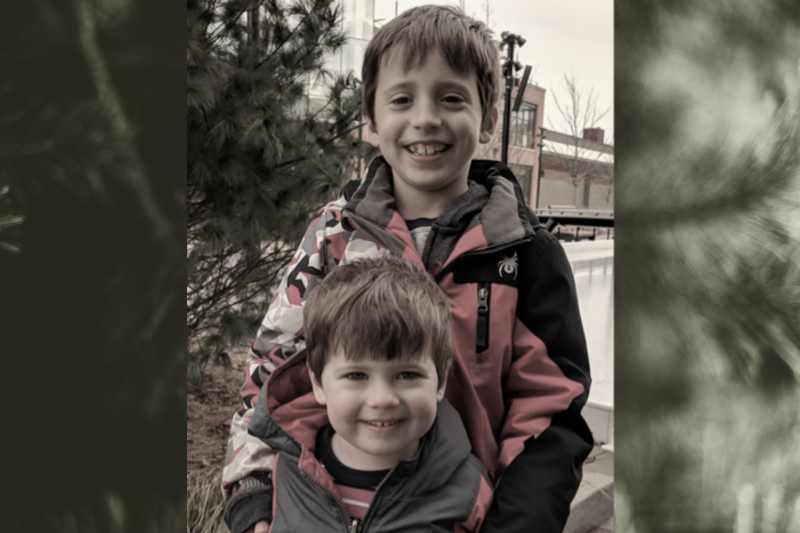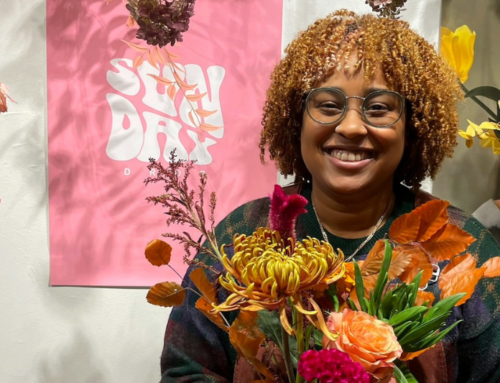No matter what side of the immigration and citizen debate one gravitates to, the inability of our nation’s leaders to find consensus has been distressing to watch. During one of our team meetings, we found ourselves sharing our own stories of what the word immigration means to us. We thought we’d share a little more about our team members over the course of time.
London
When I was three years old my uncle Brian, or Bud as everyone called him, passed away. He had an interest in genealogy, and in his free time would research our family tree going back hundreds of years. Despite multiple requests, I have never seen the family tree that Bud pieced together; the piles of paper he likely collected to give shape to our family’s history. It all disappeared when he died and remains missing.
Family lore says our ancestors arrived at Plymouth Rock, having sailed on the Mayflower from Europe. Another story tells of family entering through Ellis Island and changing our last name from Losich to Losey. A quick Google search tells me the name Losich originated in Belarus. To the best of my knowledge, though, both sides of my family are mainly German in heritage.
The other side of my family I know slightly more about. My great-grandparents arrived in the US in the early 1900s from Germany. My grandpa’s family settled a farm in Nebraska, and then moved to North Dakota when he was two. From that age on, he lived and died in the same house his parents built. My grandma’s parents also had German roots. I do not know, or at least do not recall, much more about their history other than a vague recollection of someone in the family escaping a European regime by hiding underneath a boxcar and riding the rails from there into safety. Where there is and the path that family member took to cross the ocean is a mystery to me.
With the advent of online databases to search family ancestry, my brother has taken to occasionally researching our past. He comes up with interesting nuggets of information every now and then. In general, we really do not know much about where we came from. We tend to look more forward than back, sometimes due more to circumstance than choice.
My story of immigration is disjointed and unverified. I honestly spend more time thinking about individuals and families who are undergoing the immigration process today. I feel immigrants add more to our communities than take away. Yet, I am struck by the juxtaposition of that feeling and the knowledge that not so long ago in US history immigrants, some of whom were likely related to me, took more than they gave to the Native people. And that other immigrants were forced to come here, stripped from their families and their free will. I would like to think that the values I try to live by today – compassion, justice, hope, equity – were passed on from those earlier generations. At the very least, I can say the combination of what my parents and others have taught me and what I, myself, bring is to recognize my ignorance, own my mistakes, ask questions and offer others the grace and respect they deserve to do the same.
A person’s immigration story is a piece of what has shaped who they are and what they’ve become. For some people, that piece has a larger impact than others’. It is important to take pause and pay attention to the past, even when there may be holes. The past is what gives context to our current state and can guide the choices and decisions we make for the future. Reflecting on immigration, I think the biggest lesson is to listen. Listen to the stories that are out there, learn from them and strive to make the world better. We’re all in this together.
[Picture above: Two of the people for which I strive.]



